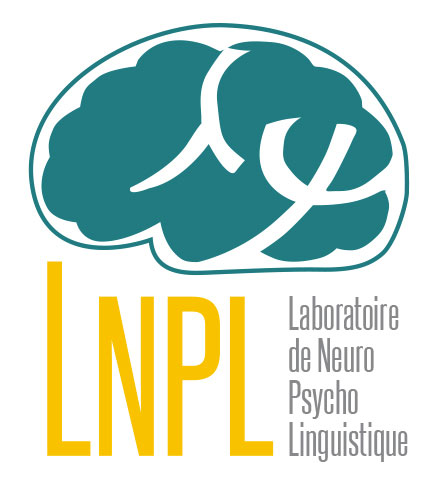- Recherche,
-
Partager cette page
Conférence de Bernhard BREHMER "Effects of parental input on the acquisition of heritage languages: A comparison of different linguistic domains"
Abstract:
Several approaches have been proposed to account for the occurrence of noncanonical linguistic structures in heritage languages (HL) that set their speakers apart from baseline monolingual speakers of the same language. The incomplete acquisition hypothesis sees non-target-like production of heritage speakers as a result of reduced input in the HL during childhood which leads to the effect that some (especially infrequent) structures are never acquired by heritage speakers in a target-like way. The attrition hypothesis states that especially older heritage speakers have lost a given property of the HL that was mastered with native-like accuracy earlier in life (Montrul 2008). Finally, the Missing-Input Competence Divergence Hypothesis (Rothman 2007; Pires & Rothman 2009) explains divergent structures in heritage grammars as a result of exposure to non-target primary linguistic data in parental input (due to the parents exhibiting L1 attrition and/or cross-linguistic influence from the majority language).
In my talk I am going to address the effects of quality of parental input on non-target-like attainment of the HL. In contrast to previous studies we do not concentrate on one single grammatical property of HL, but extend our scope to phenomena of different linguistic levels to control for category-dependent effects. Data come from two studies on heritage speakers of Russian and Polish in Germany who were compared to data gathered from their parents (and partially also grandparents). We discuss data concerning (i) one phonetic feature (Voice Onset Time, VOT), (ii) one morphological feature (case morphology), (iii) one syntactic feature located at the syntax/pragmatics interface (null subjects) and (iv) one lexical feature (color terms). Thus, the main research question is which noncanonical patterns are simply adopted from parental input by heritage speakers and which domains exhibit specific noncanonical patterns developed by the HL speakers themselves. This, in turn, will allow us to evaluate recent theoretical models of HL development.
References:
Montrul, S. 2008. Incomplete Acquisition in Bilingualism: Re-examining the Age Factor. Amsterdam: John Benjamins.
Pires, A. & Rothman, J. 2009. Disentangling sources of incomplete acquisition: An explanation for competence divergence across heritage grammars. International Journal of Bilingualism, 13 (2), 211-238.
Rothman, J. 2007. Heritage speaker competence differences, language change, and input type: Inflected infinitives in Heritage Brazilian Portuguese. International Journal of Bilingualism, 11 (4), 359-389
Bernhard Brehmer est professeur au département de linguistique de l'université de Constance. Plus de précisions ici.

